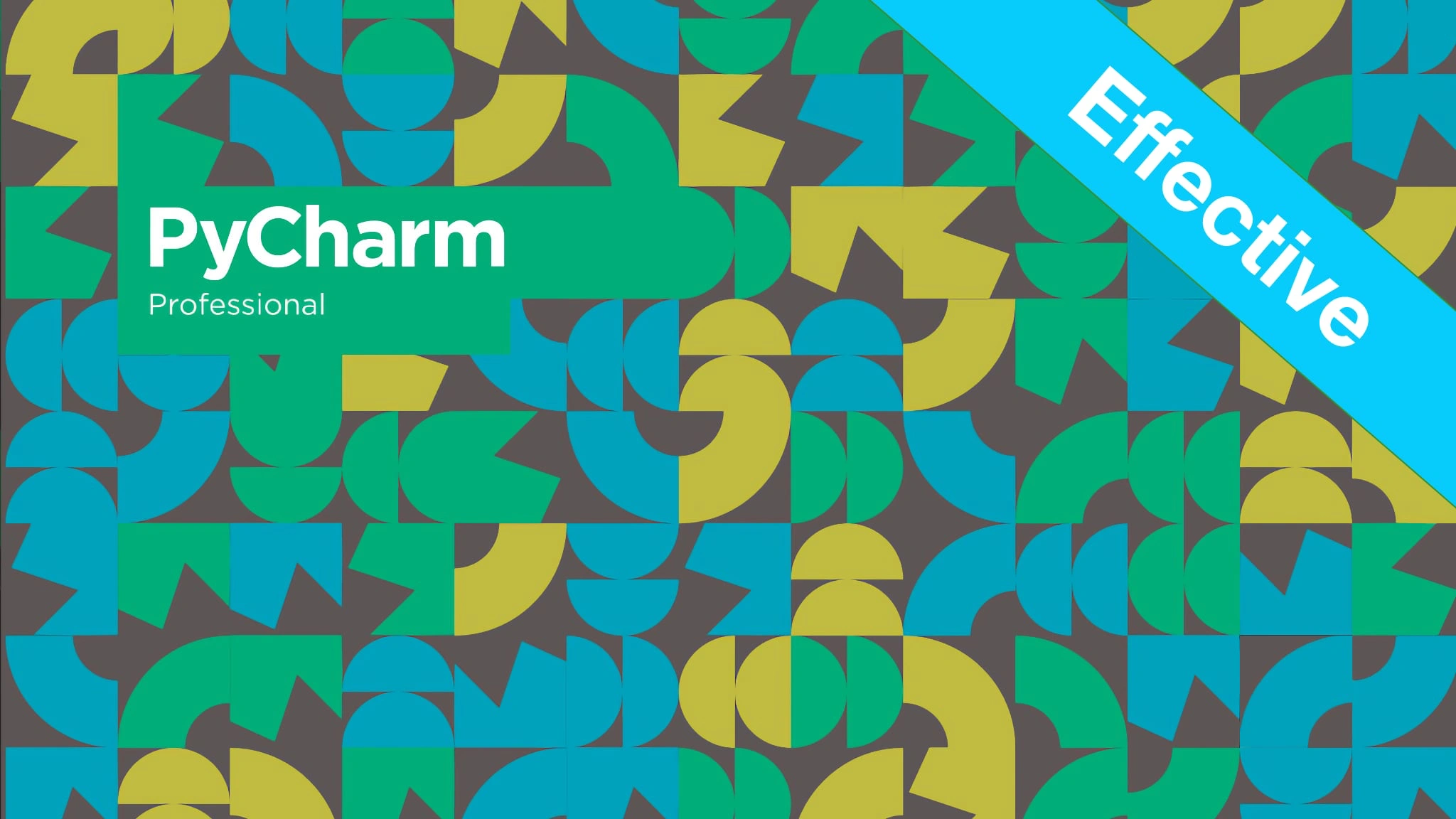Effective PyCharm Transcripts
Chapter: Why PyCharm and IDEs?
Lecture: IDEs are crazy fast
Login or
purchase this course
to watch this video and the rest of the course contents.
0:01
Before we get into the details of PyCharm, I want to dispel what I consider to be a myth— that IDEs are slow.
0:08
Now, yes, Emacs does technically start faster than PyCharm or even maybe faster than Sublime Text, but it definitely starts faster than PyCharm.
0:21
However, what are we optimizing for? What is the most important thing— how fast your program comes to life, or how fast you get your work done?
0:31
In fact, I would say that working with an IDE as you'll see, actually lets you work much faster.
0:37
So, while yeah, it might take a second longer to start, it's going to let you work a lot faster throughout the day
0:43
and you're just going to start up PyCharm and just leave it going all day anyway, so once it's up and running, it doesn't really go any slower.
0:50
All right, so I would say these IDEs are actually faster and they make you faster, which is the most important thing you want to optimize for.
0:58
You also might say, "Well these use a lot of battery," because they take a lot of power, they're doing a lot of analysis
1:03
and it runs out the battery or something like this. So let's go and actually look at these two things on my Mac here.
1:09
Here's PyCharm, it's already been started but I don't have any projects open, here you can see this is a project I have previously worked on
1:18
from my MongoDB course, it's just sitting there, it's been opened before, so this is like a recent file list,
1:23
it just happens to be only one thing that I recently did on this profile here, in this PyCharm. Let's see how long it takes to open this,
1:31
just thinking about timing like, "I want my editor be fast," so let's how quick this is. Now, remember, I'm recording my screen
1:38
which puts a serious hurting on the performance, so this probably is a little underspeed,
1:42
but let's go ahead and it will be hard to hear the clicks, I'll count down for you. 3, 2, 1 go. Oh, that was fast enough, what would you say
1:52
like a 150 milliseconds or something like that? We'll do it one more time. 1, 2, 3, go.
1:58
Yeah, so I wouldn't say I'd really worry too much about this dragging you down, that is super fast and yeah, it was actually already running
2:05
if I were to quit it and start it from scratch, it'll take— who knows, 5 seconds, something like this.
2:12
It feels like maybe 5 or 6, and then it's up and running. Like I said, that's 5 seconds in the beginning of the day
2:19
and then you have— I don't know, the entire rest of the day, the 7 hours 59 minutes and 55 seconds to be super productive.
2:28
So I would not worry too much about the time it takes to open one of these things. Now, if we go over and you look here,
2:36
the other thing I want to talk to you about or show you really quick is PyCharm does do a lot of analysis and indexing and stuff,
2:43
it's fine most the time, but if you're down to your last 10% percent of battery and you are on an airplane and you just don't want it to drag you down,
2:51
you can come over here and actually type power mode you're going to see a ton of features as we go,
2:57
but this one doesn't fit anywhere, so let's talk about it here; this power mode lets you actually turn off
3:05
some of the real time analysis and intellisense type things that will make it use less energy.
3:13
So if for some reason you need it to run in like a super wimpy environment, you could turn on power save mode and it should run more efficiently
3:19
or if you're down to the last 10% of your battery you can flip this on and stretch it a little bit farther.
